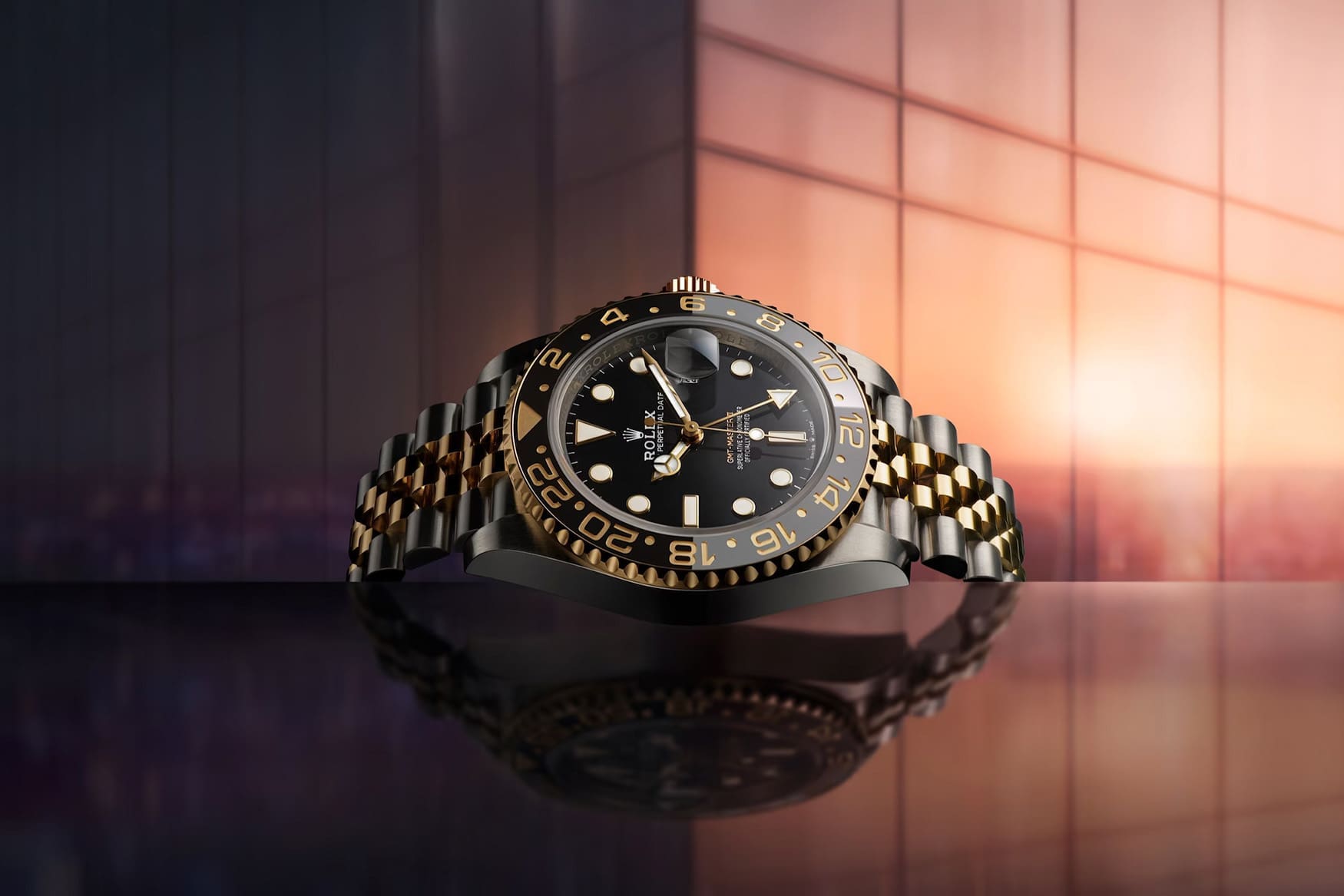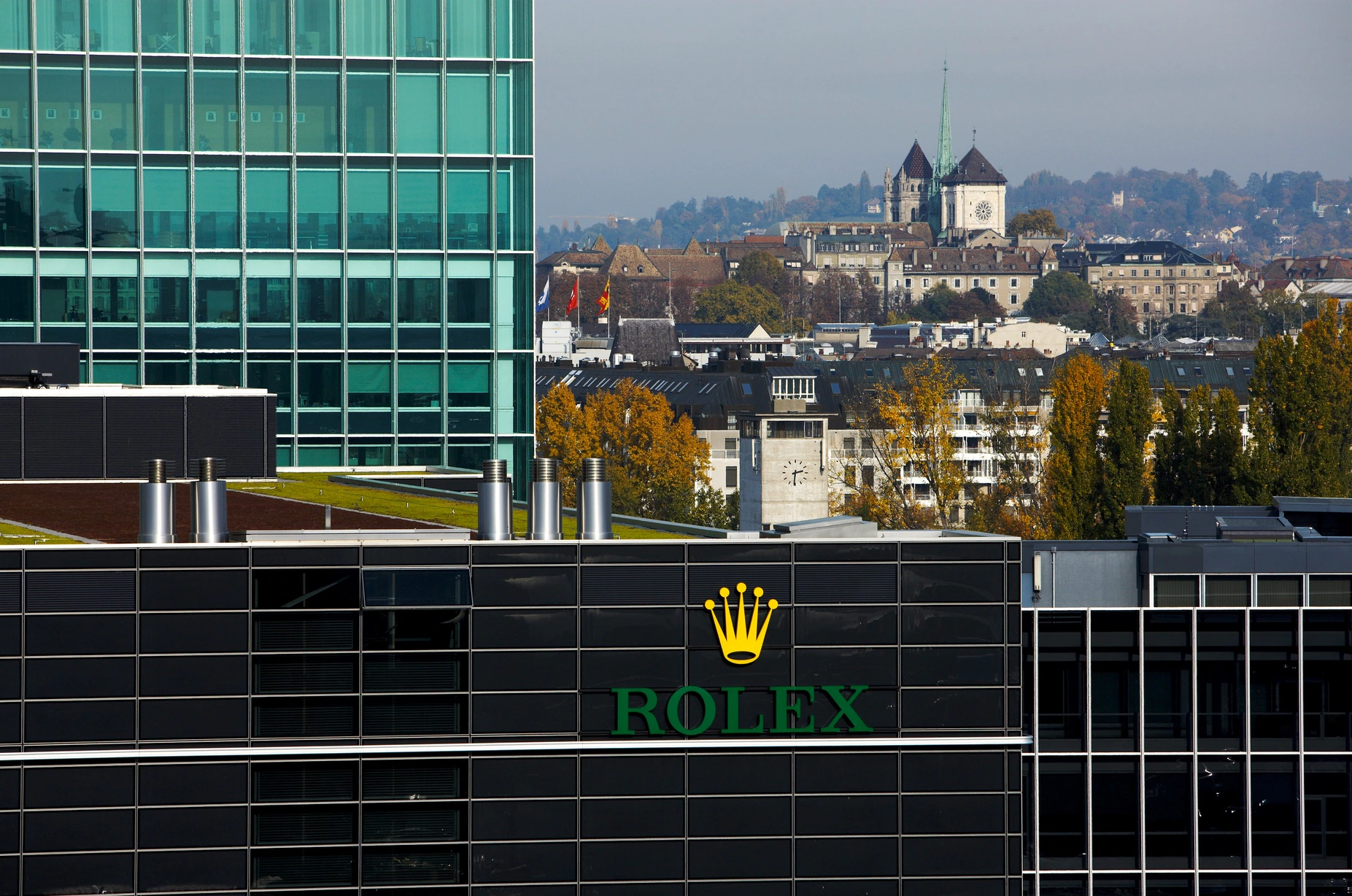Rolex fined $100M by France’s anti-trust agency for ‘illegal’ ban on distributors selling online
Zach Blass- Rolex has been fined $100 million by France’s anti-trust agency.
- The Autorité de la concurrence rejected Rolex’s premise the online sales ban “combats counterfeiting and parallel trade”.
- Will this mean we will soon see Rolex distributors able to sell online?
I think it is irrefutable Rolex makes some of the best wristwatches in the world, but the inability to access desired Rolex watches at retail has been a major point of frustration for fans of the brand around the world. It is a seemingly unfathomable conundrum, a watchmaker that allegedly makes around a million watches per year, and yet demand far exceeds supply – at least supply offered. In rare form, Rolex offered a comment on this phenomenon stating that “scarcity of our products is not a strategy” and that their quality control and high standards prevent them from making more watches without compromising the quality of their product. So, customers around the world have been left to navigate the so-called AD games – the perceived best paths of success in scoring an allocation from a Rolex authorised dealer.
This is perceived to involve methods such as building a purchase history with an authorised dealer through the purchase of multiple less-desirable watches, or the purchase of multiple watches in one go. Sure, there are plenty of Rolexes offered online for immediate purchase, but this is the Wild West of the grey market, where watches are listed above retail and where there can be risks concerning authenticity. This is ultimately why the introduction of the Rolex Certified Pre-Owned program was such important news, a move thought to be the brand’s means of capitalising on the large and fruitful Rolex secondary market.
Today, however, Rolex finds themselves in hot waters with the French anti-trust agency which has just fined the brand $100M “for pursuing an illegal decade-long crackdown on distributors selling the Swiss firm’s luxury watches online” according to Stephanie Bodoni of Bloomberg.
It appears the Autorité de la concurrence has rejected Rolex’s countering argument that the online sales ban is a justified means of combating counterfeiting and parallel trade.
A statement from the regulator to Bodoni explains: “The violations are serious, as they amount to closing a marketing channel, to the detriment of consumers and retailers, when the online distribution of luxury products, including watches, has been booming over the past 15 years.”
Now, I am no attorney, so I will not attempt to speak to the legalities at play here, but this does make me think of what happened with Apple in 2022. While a regional agreement by European lawmakers, once the EU decided all mobile phones, tablets, and cameras sold in the European Union must be equipped with the same USB-C charging port for wired charging, Apple was forced to abandon their proprietary and seemingly unnecessary Lightning port and switch to the more universal USB-C. Apple did not just make this change in the EU, however. Internationally, all new iPhones have begun to use USB-C. So, with this in mind, while Rolex is encountering this online sales ban issue strictly in France, I cannot help but wonder if this will lead to change at an international level.
Presently, when the purchase of Rolex watches from authorised dealers is limited to in-store transactions as required by Rolex. Inquiries can be made over the phone, but transactions can only occur at these authorised points of retail and not through the authorised dealers’ e-commerce platforms. Were Rolex forced to allow authorised dealers to sell watches online (which, to be honest, I don’t know if the ADs would want to do themselves), would this lead to more democratic access to highly sought after Rolex models? Or would it simply lead to online product pages that constantly display sold-out messages?
Bodoni explains in her coverage that Rolex has declined to comment and that “the fine comes with an order for the French unit to inform its retailers of the decision and to publish a summary of it on its website within two months and for seven consecutive days.”
We will have to stay tuned in and see how this story develops.






